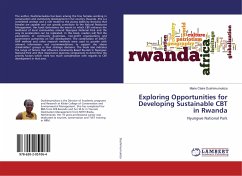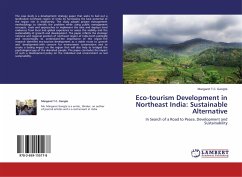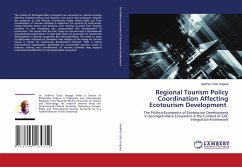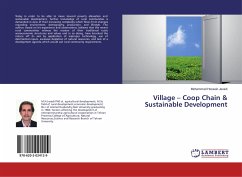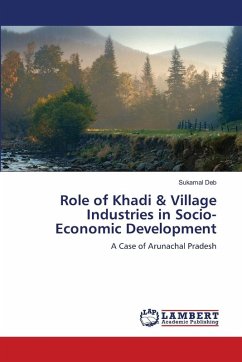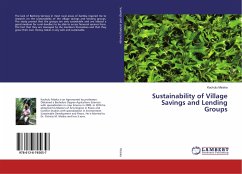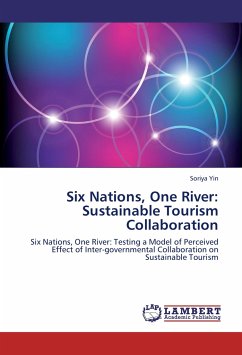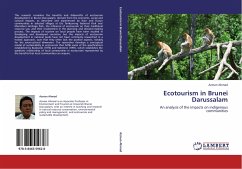
Eco-Village Tourism
A Model for Sustainable Ecotourism
Versandkostenfrei!
Versandfertig in 6-10 Tagen
47,99 €
inkl. MwSt.

PAYBACK Punkte
24 °P sammeln!
Ecotourism is widely practiced as a form of tourism development in many countries around the world. However, its sustainability has elicited strong debate among scholars and practitioners. A number of competing countries including Kenya have emerged among the top leading ecotourism destinations. Planning for the development of ecotourism product has therefore, become a priority to meet the ever changing tastes and demands of today's international travelers. To this end, Western Kenya Tourism Circuit was identified for niche ecotourism product development under the National Economic Blue Print,...
Ecotourism is widely practiced as a form of tourism development in many countries around the world. However, its sustainability has elicited strong debate among scholars and practitioners. A number of competing countries including Kenya have emerged among the top leading ecotourism destinations. Planning for the development of ecotourism product has therefore, become a priority to meet the ever changing tastes and demands of today's international travelers. To this end, Western Kenya Tourism Circuit was identified for niche ecotourism product development under the National Economic Blue Print, Kenya Vision 2030. This is enunciated by the Tourism Policy which emphasizes the need for spatial diversification of tourism activities in the country through ecotourism. Despite this noble policy intention, there is no known methodological framework to ensure that the type of ecotourism practiced in Kenya is sustainable, inclusive and guarantees direct benefits to the local communities. This study therefore sought to explore the potential of eco-village tourism as a model for sustainable development of ecotourism.



